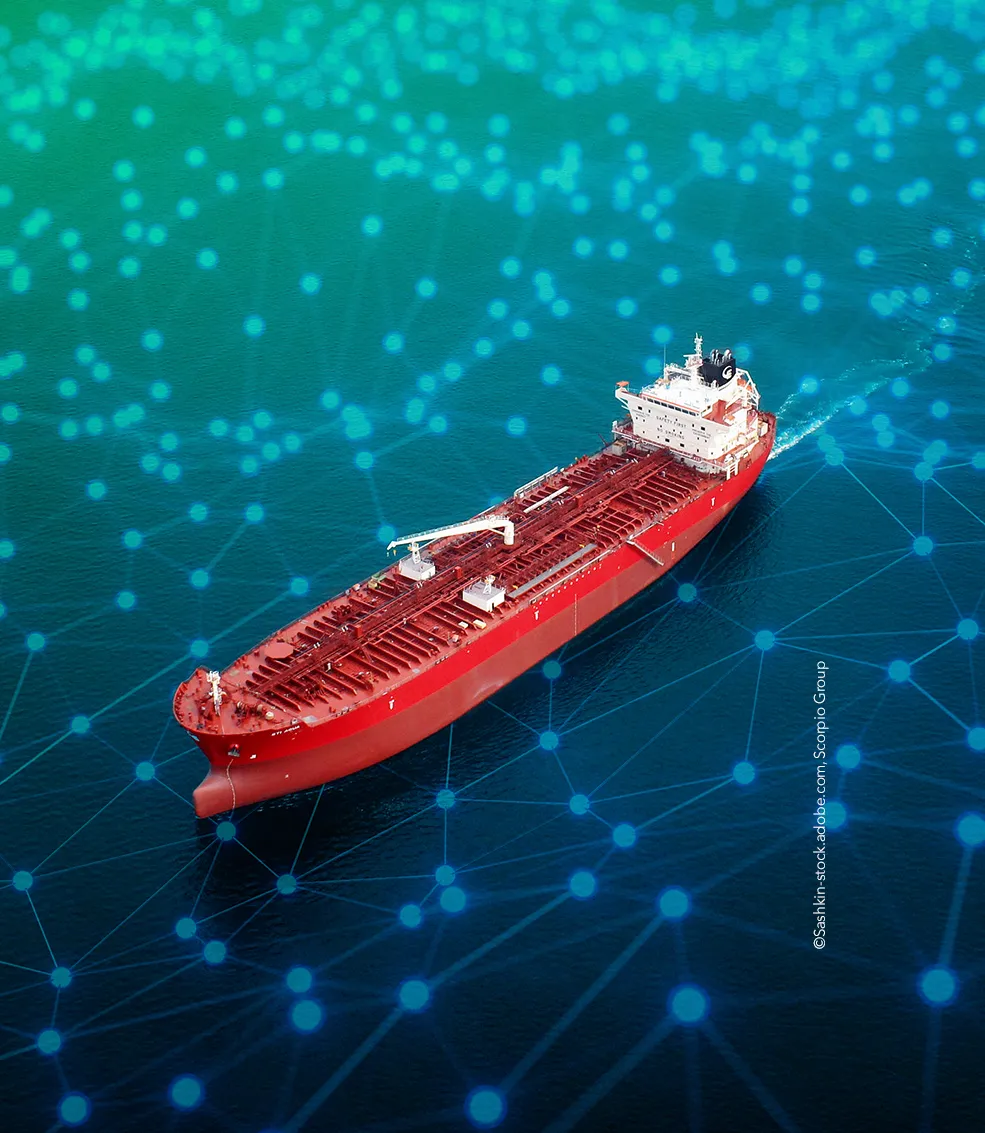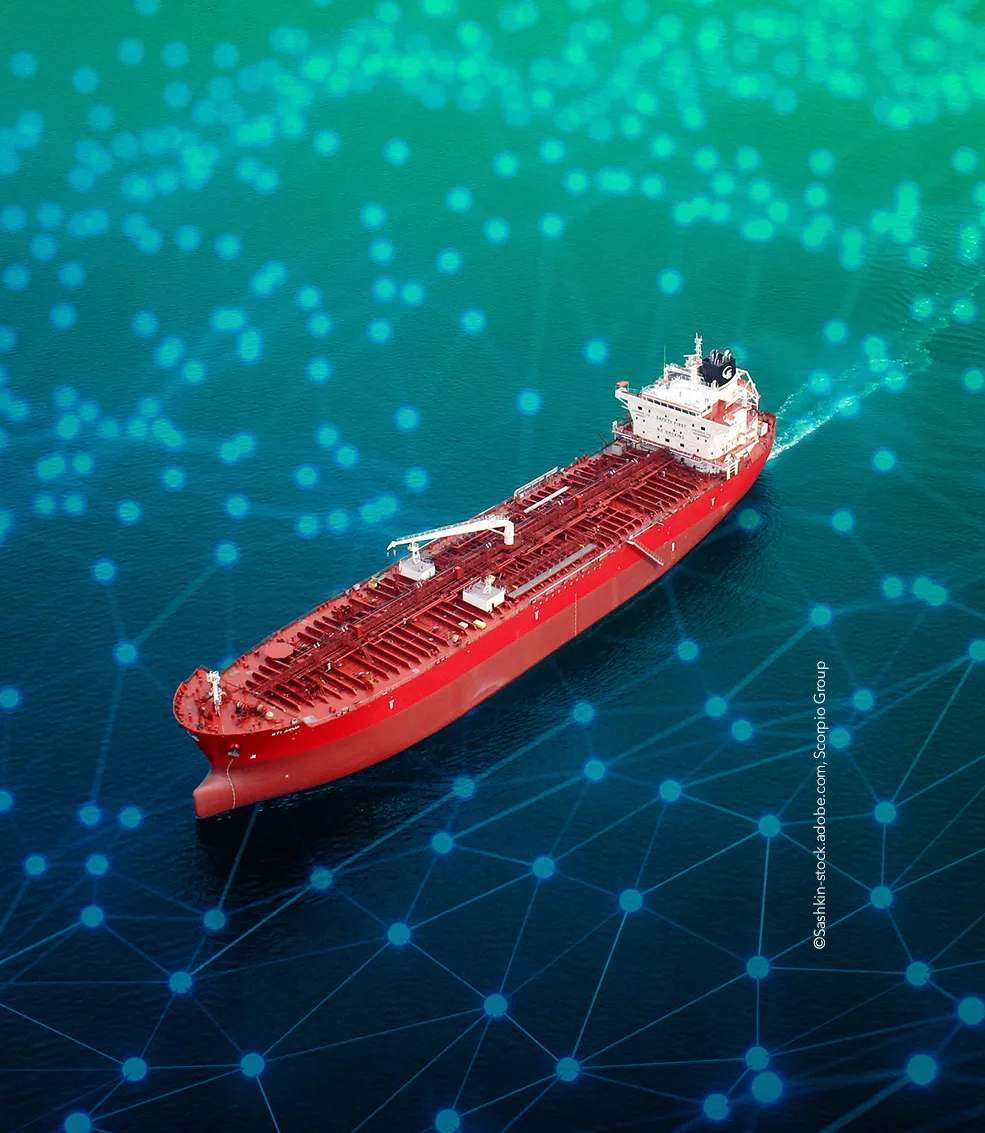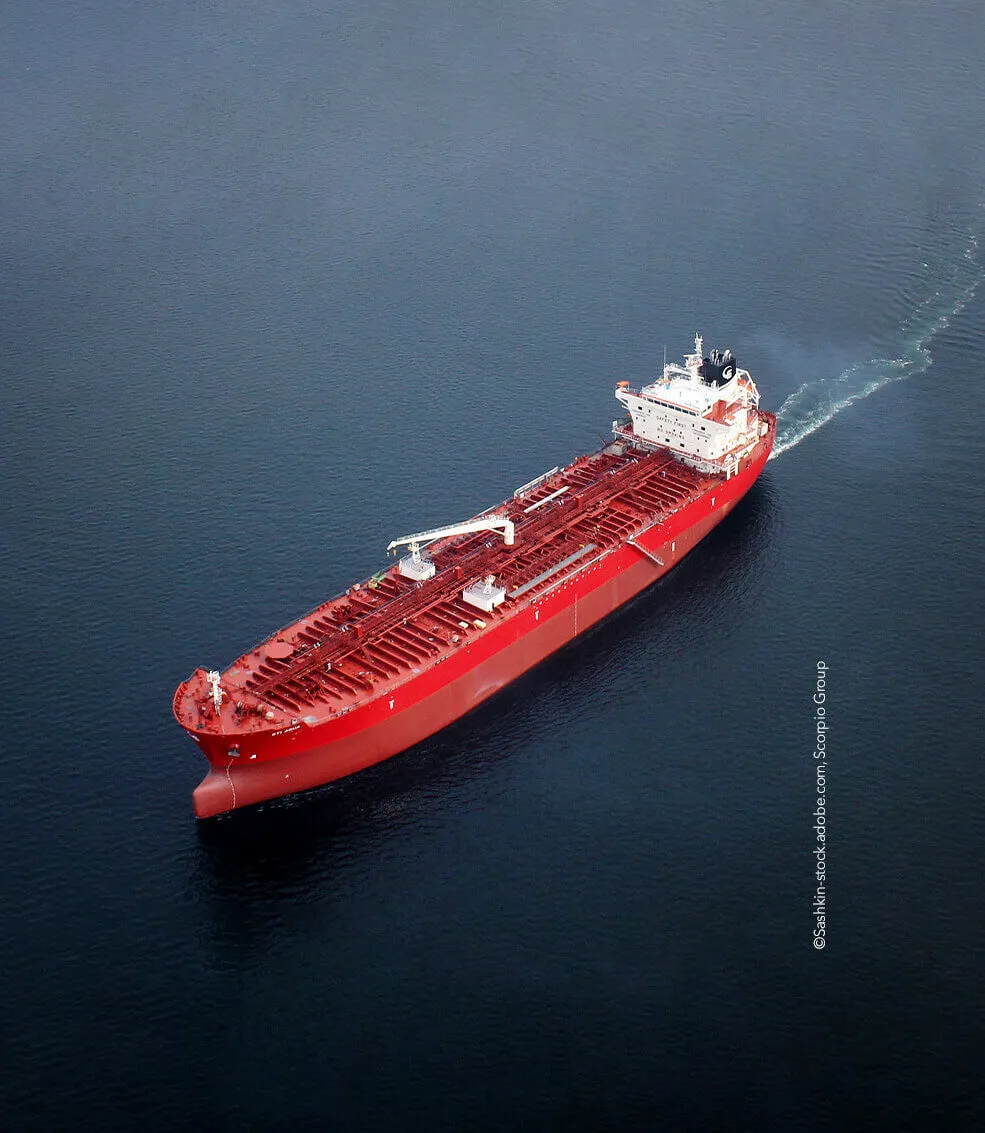Scorpio – an early embracer of digital class
As DNV GL continues on its journey towards modernizing class, the first movers in the digital shift are emerging. Scorpio Group, with over 200 ships in the tanker, bulker and offshore trades, is a clear front runner. DNV GL met with Scorpio managing director Francesco Bellusci in their Monaco headquarters to get his perspectives on the challenges, the benefits and the future of digital class.
Scorpio Group is no stranger to innovation. “We are an early mover in many technologies,” says managing director Francesco Bellusci. “Due to our volume of vessels, we are always looking for ways to simplify the job. We need support to be able to keep track and operate 200 vessels efficiently, and the digital approach is a natural choice.”
Among the most practical and beneficial applications of modern class services for Scorpio has been remote surveying: “We saw this as a way to utilize the extensive competence within DNV GL, rather than being dependent on the more limited number of local surveyors at remote survey stations. Now we can apply DNV GL’s competence wherever we are, and also involve our own expertise in the process. Remote surveying makes both the process and the expertise mobile,” Bellusci states.

Efficiency
A big boost on the efficiency side has been their introduction of e-certificates. “We have seen huge savings in time and money. There are fewer people involved in the big transactions, and very complicated processes have become streamlined,” Bellusci reports. He adds that the transition to digital certificates presented its challenges, but that Scorpio was prepared to make the move. “Other stakeholders had some issues due to legal and formal requirements, and some did not understand the validity of e-certificates, but eventually most accepted the advantages,” he confirms.
“We are also using the Port State Control Planner application, a tool that offers support information on port state control that we distribute to ship managers and onboard crew. We have not done a survey of efficiency gained through using the app, but we have seen a clear reduction in port state control deficiencies. Fewer mistakes also mean improved safety, so this is another benefit.”

Only the beginning
Even as they embrace many of the digital class services offered by DNV GL, including data analysis and performance monitoring, there are still more services to be explored. “We are not actively using the open industry platform Veracity for exchanging data yet, but we are very familiar with the concept. Data sharing is still a sensitive area for some, and not everyone is fully comfortable with it. But at Scorpio, we do not want anything to be hidden. Even a mistake, if it is made in good faith, can be a learning experience. We want an open business culture, and there are many who share this sentiment. Lenders, banks, class, charterers, traders, underwriters, all these stakeholders want document sharing. They expect to see what the others are seeing, and that fits well with our way of doing business.”
Bellusci confirms that their good working relationship with DNV GL has been instrumental in making the move to digital class: “Our account manager from DNV GL knows Scorpio very well. Trust is at the core of our dealings with class, and that makes us comfortable trying new things. We think that Scorpio must be a good innovation partner for DNV GL too, because we can move on decisions when we see something that we think will work.”


Quality at the core
Implementing such fundamental changes in a large organization often requires more than executive decisions. How did Scorpio’s management promote awareness of modern classification services in their fleet? “We have become a big organization, and it took a lot of effort to build up to digital class. We started with a nucleus of very good people and expanded from this core. These first users then began functioning like ambassadors. We have also been careful to adapt the system to the nuances of local cultures.”
Scorpio first started using digital class systems on tankers, the most heavily regulated of any segment, then moved on to bulk. “Once we had the answers from the most challenging segment, it was easier to implement the solution on the others,” Bellusci says.

Not paperless – but nearly
Despite the fast movers like Scorpio, the majority of verification documentation in shipping is still paper-based. When does Francesco Bellusci expect that this will be replaced by fully digital transactions, for the ship operator and the industry at large? “We regularly have the opportunity to discuss various developments with quality operators. Most of us have a sharing approach, and we believe that digitalization is a way to exchange information and improve our industry,” he states. “We are very happy to invest in improvements, but right now freight markets are not helping further investments in innovation. The rate decrease in some markets risks widening the gap between those who can move and those who cannot, and overall, this is not a good thing for shipping.”
Nonetheless, Bellusci believes that paperless shipping is a natural conclusion: “You don’t need to be a top 10 company to understand this. It is happening in all areas of society, and it is fairly obvious that things are moving in that direction. There are still some areas like banking and bill of lading where the responsibility is simply too great to risk losing everything to computer failure, so paper is still required. But it is going in a digital direction. In five years’ time I think we will see a 50 per cent reduction in paper transactions. In ten years even more. Back when we had ten ships the office was full of paper. Now we have 200 ships, and much less paper.”
What advice does he have for colleagues and competitors as they move forward into the digital shift? “When you are considering the digital transition, I believe it must be assessed with the maximum possible engagement and the full application of a company’s abilities. Don’t look too much to others for perspectives. Trust your own expertise.”

